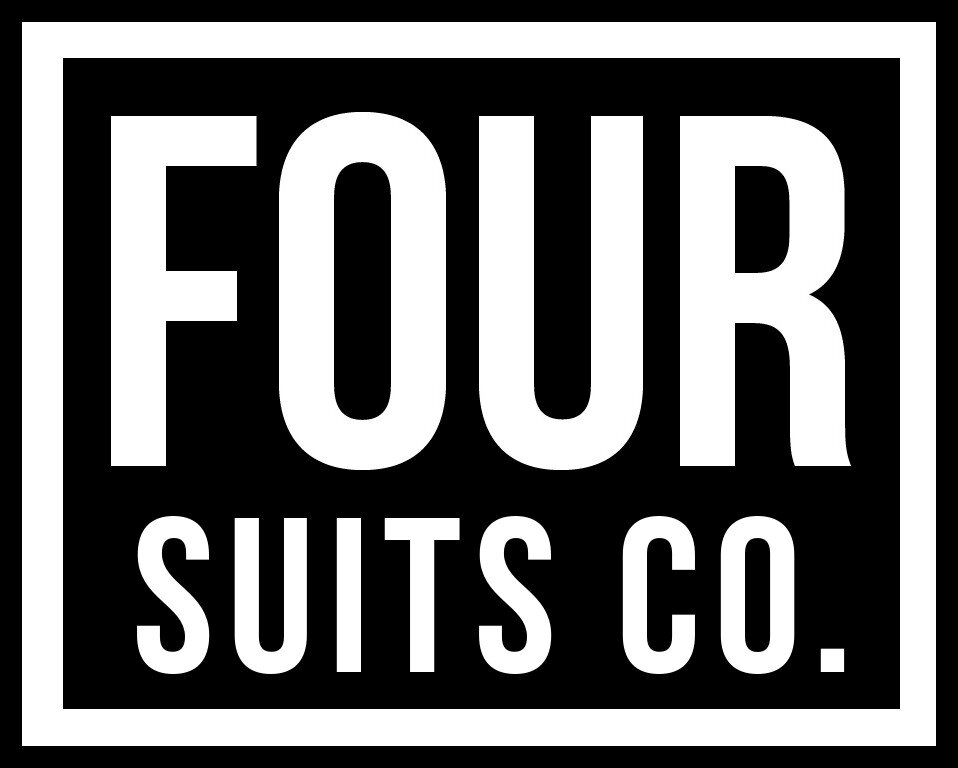Towards an Emancipatory Theory of Magic
There’s a lot of heavy shit going on right now: unprecedented weather disasters driving by climate change, a pandemic that seems like it will never end because some people refuse to take it seriously, the economic repercussions of that pandemic that the government seems to refuse to take seriously, growing state-sanctioned police violence, and more that honestly I don’t want to think about right now. In the face of all of that it can be hard to answer the question, “Why am I doing magic?”
And the truth is, this is a question a lot more magicians should have been asking themselves before all these things came to a head, but it’s a question that is simply unavoidable now. The answer that I found, and that I think I always meant for that question, is that magic, performed and created thoughtfully, can serve a powerful emancipatory role.
“emancipate
(transitive verb)
1: to free from restraint, control, or the power of another
especially : to free from bondage
2: to release from parental care and responsibility and make sui juris
3: to free from any controlling influence (such as traditional mores or beliefs)”
Like I listed above, we are facing a lot of shit right now, and the first step (and often one of the hardest when the problems are deeply entrenched and normalized) to changing anything is not only imagining an alternative but trusting in our human power to make it real. In this excellent interview, Adrienne Brown and Walidah Imarisha explain the role science fiction, and speculative fiction more generally, has played in pushing our understanding of what justice can look like, especially when one looks to the works of authors like Octavia Butler and Ursula K. Le Guin.
“Any time we try to envision a different world—without poverty, prisons, capitalism, war—we are engaging in science fiction. When we can dream those realities together, that’s when we can begin to build them right here and now.”
So if the emancipatory power of art comes from its ability to help us imagine not other worlds, but other ways our world could be, then magic, with its unique ability to literally show you things you thought were impossible, fits perfectly. This is not to say all magic is emancipatory. It’s not. It’s also not to say magicians should be shoehorning in social justice messages into every effect (I will personally hunt down and slap anyone who does an oil-and-water routine but uses the cards going from separated to mixed as a metaphor for diversity). What it does mean is that when conscientiously created and performed, magic can be an incredible tool for reminding us that the change we want to create, the change we need to create, no matter how difficult it may seem, is not impossible. As Le Guin said in a speech at the National Book Awards, “We live in capitalism, its power seems inescapable – but then, so did the divine right of kings. Any human power can be resisted and changed by human beings… [, and] resistance and change often begin in art.”
—Z.Y.
(I think there is actually more to this theory as well, like magic’s emancipatory role for children or anyone who lacks a sense of control over their lives finding magic, but that can be a topic for another day.)
